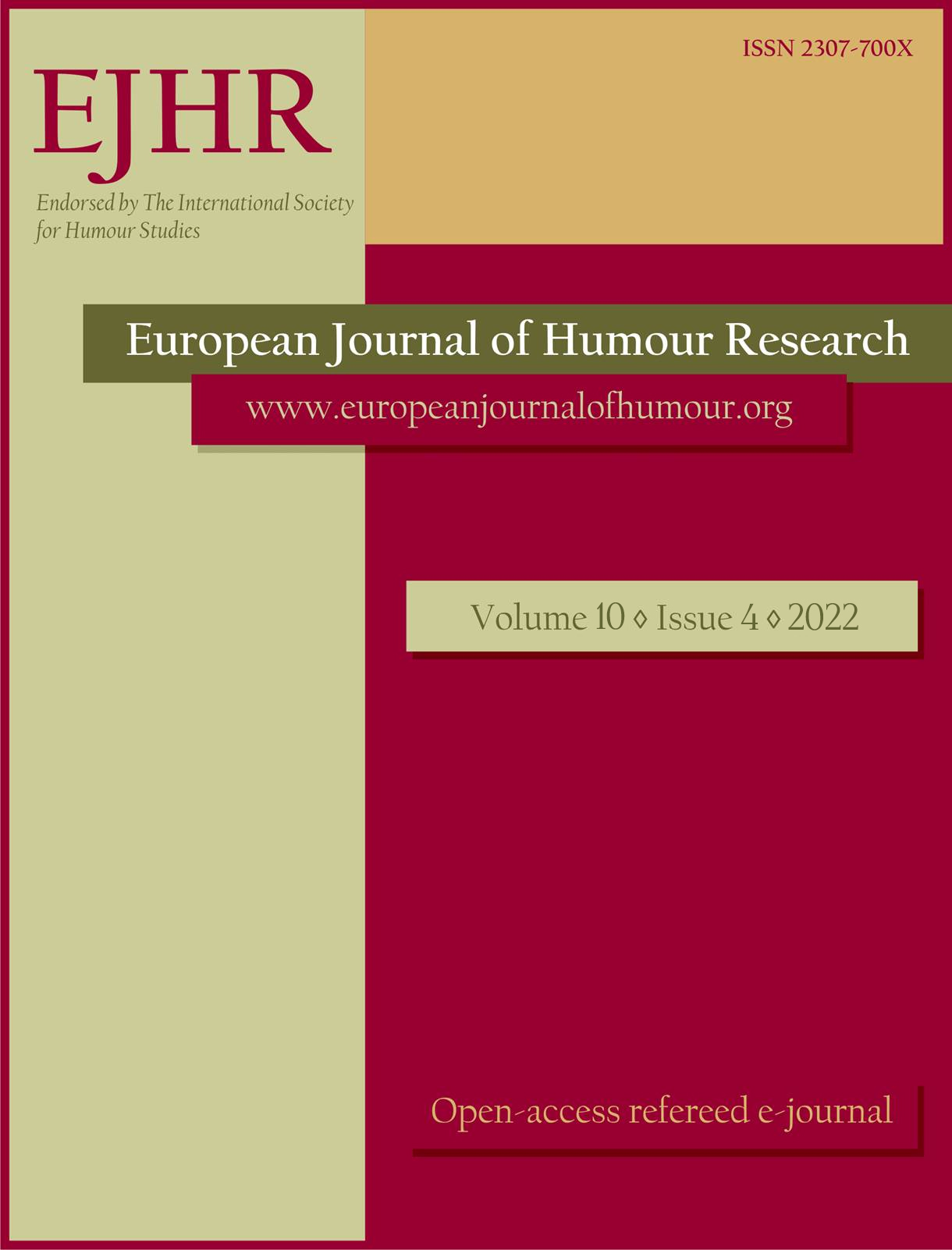Examining the rhetorical strategies employed in the humorous discourse of Chinese talk shows
Examining the rhetorical strategies employed in the humorous discourse of Chinese talk shows
Author(s): Zhou Tianli, Nor Shahila Mansor, Lay Hoon Ang, Sharon Sharmini, Xuan TangSubject(s): Language and Literature Studies, Media studies, Theoretical Linguistics, Communication studies, Pragmatics, Sociolinguistics, Theory of Communication, Philology
Published by: Krakowskie Towarzystwo Popularyzowania Wiedzy o Komunikacji Językowej Tertium
Keywords: rhetorical strategies; humorous discourse; Chinese talk show; Burke’s Rhetorical Theory; factors
Summary/Abstract: Researchers have pointed out that rhetorical strategies have a significant impact on producing humour in Chinese talk shows, while few of them have investigated the factors that affect the rhetorical choice in humorous discourse in that context. This study aims to identify the rhetorical strategies used in humorous discourse and investigate the factors that impact on the rhetorical strategies chosen by the hosts or comedians to produce humour. Thus, the current study selected 24 monologue samples from a popular programme called Rock & Roast and conducted a discourse analysis on them. Kenneth Burke’s rhetorical theory is adopted to uncover the factors that influence rhetorical choice in the humorous discourse of Chinese talk shows. The findings reveal that the realisation of rhetorical strategies in the humorous discourse of talk shows is rich, including rhetorical devices, foreign language (English), and internet buzzwords, among other things. The main factors influencing the rhetorical strategies chosen in the humorous discourse in Chinese talk shows are the ‘ratio’ of ‘agent and agency,’ which are talk show comedians and the Chinese language. This study contributes to helping the audience gain a better understanding of rhetorical humour in Chinese talk shows and provides a new perspective for humorous discourse analysis.
Journal: The European Journal of Humour Research
- Issue Year: 10/2022
- Issue No: 4
- Page Range: 149-167
- Page Count: 19
- Language: English

